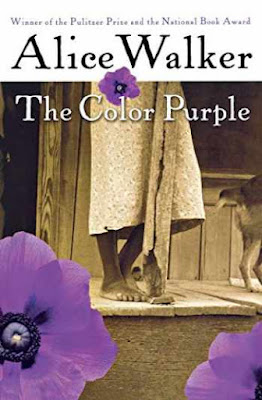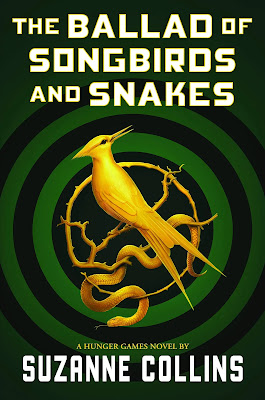A detail that may be lost to contemporary readers is how popular travelogue stories were in previous generations. There was a real artform to making foreign lands alluring on the page, creating something for those unable to visit them and inspire their imaginations. Nobody knew if they were being honest, but the writers with the purplest of prose could manipulate and turn their mentality into the embodiment of a culture that could not be refuted. There's been endless masterpieces in that genre, though it was also something bound to be held up to ridicule like "Don Quixote" with chivalrous knights in a former time.
Alas, here comes Jonathan Swift. As one of the great satirists of early literature, his story "Gulliver's Travels" comes as forceful as a wrecking ball to the tropes. Unlike his other works, people have argued what his larger message is here and whether the satire is commenting on a certain text. Is this a commentary on Ireland's feelings towards England's colonization habits? Is this an attack on intellectualization as being useless? It sort of is all there, but so is a scatalogical undertone that makes the text simultaneously juvenile. Is Gulliver supposed to be aspirational or a complete buffoon? Nobody knows for sure, and it's arguably what makes it one of the defining satires of its era.




